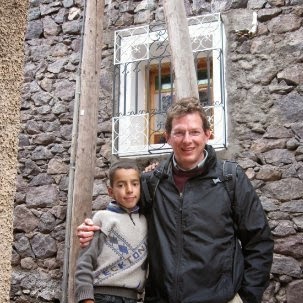It never ceases to amaze how the basics are what matters as the good doctor reminded us:
- A good diet
- Regular exercise
- Intimacy and friendship
- Breathe. The breath. Without breath there is stress. I try to get in just a few full breaths a day. If I get one; which is rare I celebrate. Practice a few when you are driving or sitting, that is a good time. Breathe through your nose long deep and slow with your tongue on the soft palate and you lips closed. Three seconds total or so works for me for an in AND out breath. This is a mind clearer.
- Drink: Hydration is essential to brain function. (Wait. I 'm getting up to get a drink....That's better...and with 100 steps declogged my blood flow in my legs)
- Eat: I wish we could have food in programs like at home. Multiple nibbling options one 'feeding' time. Did someone say Knosh?
- Move: This is about the need to move the body and brain. Daily aerobic options including high intensity time as well as reading and writing. Dr Brooks gives good advice to go on a ten minute walk. We are biological walking machines so lets use what we were made for. Let's embed more 10-15 exercise breaks at wacky times in programming. Just do it!
- Smile: "Consider that fifty percent of your nerve endings are in your hands, feet and face. Each of those nerve endings represents data processing power". I see why a handshake and a nice greeting mean so much. See: http://news360.com/article/260828463 for a far out view.
( Whatever, Mr. Preacher....)
- Breathing: Might you encourage breathing exercises as part of your daily routine and then as part of a community meeting, or then integrated into a 'mindfulness' approach. Talking about and modeling your own experience with breathing and stress as part of conversation is worth its weight in gold if the dialog comes from your own experience.
- Water: Offering chances to drink more for yourself and ask kids. Ask them more often if they are thirsty. Did you ever notice how hard it is to get fresh delicious water in schools? Do a water audit and figure out how to have more water available) It always amazes me how I forget daily to drink enough. ( wait, I need another drink)
- Dr. Brookes says smiling is a key factor in building resilience in kids. Perhaps we can find new ways to support jokers more along with a little more fun.
- Move: our statewide evaluation plan expects kids have 20 minutes of exercise and movement every two hours as the afternoon progresses. Are you meeting this expectation? And as we know, short 10 minute bursts of activity are always a great idea to refresh the body and brain which can happen anytime and anywhere. ( Okay I'm repeating myself)
- Cell phone shut downs: From Dr. Brookes: " I think cell phones should be turned off when working with kids". This says to kids and others you are too important to have my attention on you interrupted.
- Music: Find opportunities to play music appropriately. Borrow or get a nice sound system or radio for your program. Google baroque music and the brain
Please share your ideas on the your 'basics," the foundations for success!
Emanuel
